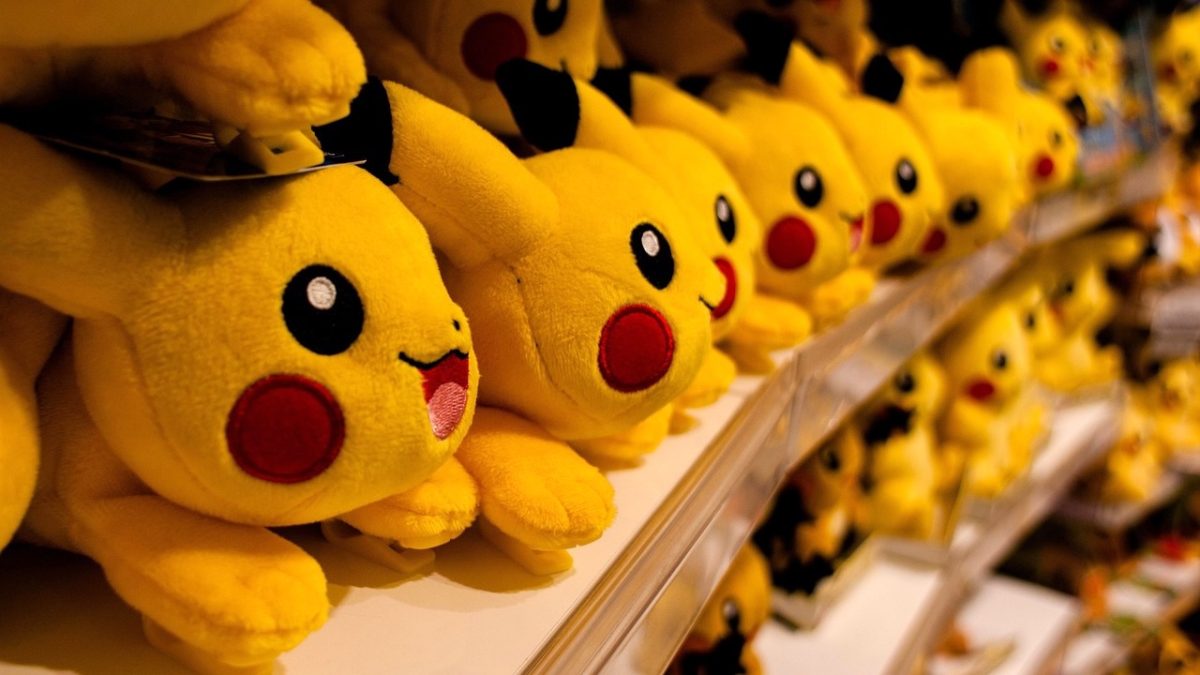If a student commits academic dishonesty, whether it’s by copying a single line or an entire paper, the punishment for plagiarism may be equally severe.
This is why members of the Undergraduate Student Government want to review the policy.
USG President Alex Solis believes the University’s academic honesty policy is out of date, and potentially harmful to students who are victims of simple mistakes.
“You may never be accused of academic dishonesty, I hope that is the case,” Solis said. “But certain circumstances may arise where students may make a mistake, just a simple mistake. There is a difference between copying the whole paper than mis-citing something. We seem to be behind the time.”
As the policy stands now, if students are accused of plagiarism, it’s the responsibility of instructors to meet with the offenders and discipline them, according to the Academic Charter. The academic deans handle actions such as suspension and expulsion. Students can appeal the decision to the Academic Honesty Committee, made up of faculty, undergraduates and graduate students.
Solis feels there should be a set guide for the committee that is more protective of students.
“It’s up to the discretion of the board that hears the case,” Solis said. “There is no protection or set guidelines that address these types of problems.”
But USG Vice President David Neely said the repercussions for plagiarizing should take into account whether the offense was purposeful or accidental.
“Right now it’s a one size fits all policy, so no matter what sort of plagiarism it is, whether it is one line or one entire paper, it’s the same path that you follow,” Neely said.
Sue Houston, vice provost for Academic Affairs, isn’t opposed to a change in the policy.
“We feel that all policies should be reviewed on a periodic basis and look at the procedures,” Houston said.
One change Houston would like to make is to combine the two sources of the academic honesty policy. As of now, academic dishonesty is in the charter and the student conduct code is in the student handbook.
This change alone could allow for a more fair and consistent policy, Houston said.
Another change Solis wants to include is continuous education on what plagiarism entails.
“You hear about [the policy] on syllabus day and then it’s not addressed again until something happens,” he said. “The University expects us to be great stewards for our academics but at the same time we have to know what we are talking about.”
Sheri Wells-Jensen, associate professor in the Department of English and Senate Chair for the Faculty Senate, has talked with Solis about the policy.
“We share everyone’s desire to have a policy that is strong and fair,” Wells-Jensen said. “We have plans to work with faculty and students to make that happen.”
Wells-Jensen acknowledges that plagiarism is already taught in several different courses.
“I know we cover this material in general studies writing courses,” she said. “I know we cover it in English as a second language courses, I think that is everyone’s goal to educate. Whether that should be apart of the policy I think is a question for when we craft the policy. It’s important for us to listen to one another.”
Neely agrees with Solis about adding education to the policy.
“We want there to be a learning outcome involved,” Neely said.
While Wells-Jensen is ambivalent to the policy, she said it’s a good thing when the students and faculty can work together on it.
“Anything we can do to be clear on how our community stands is a good thing,” she said.
USG will continue to evaluate academic honesty as it looks ahead to future resolutions regarding the policy. Solis and Neely met with the faculty senate to form a committee composed of faculty, graduate and undergraduate students charged with reviewing the policy.
“Come fall, we are going to pull this group together to review the current policy,” Solis said. “And really take the next necessary steps forward.”













